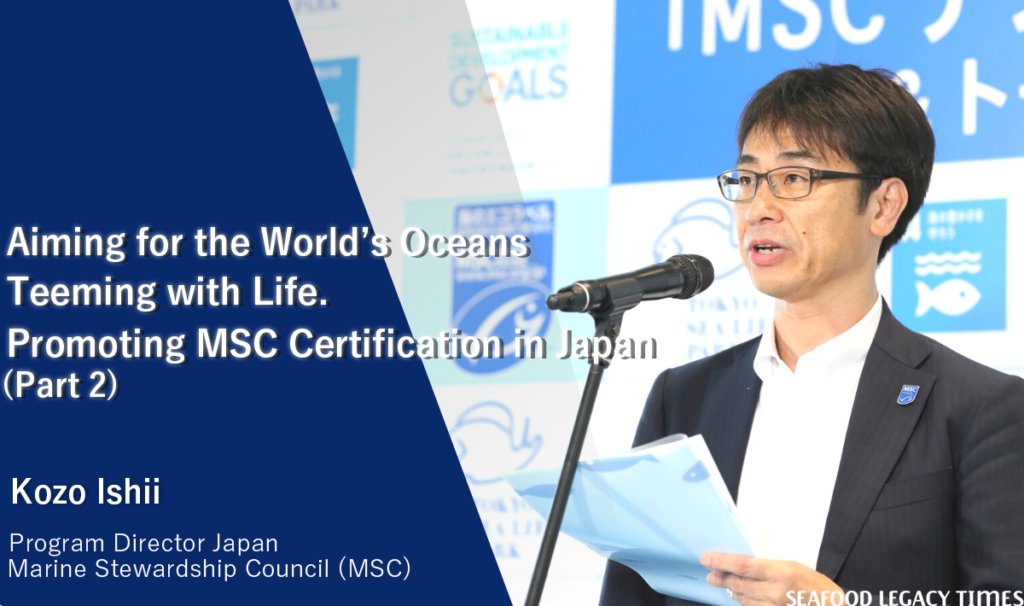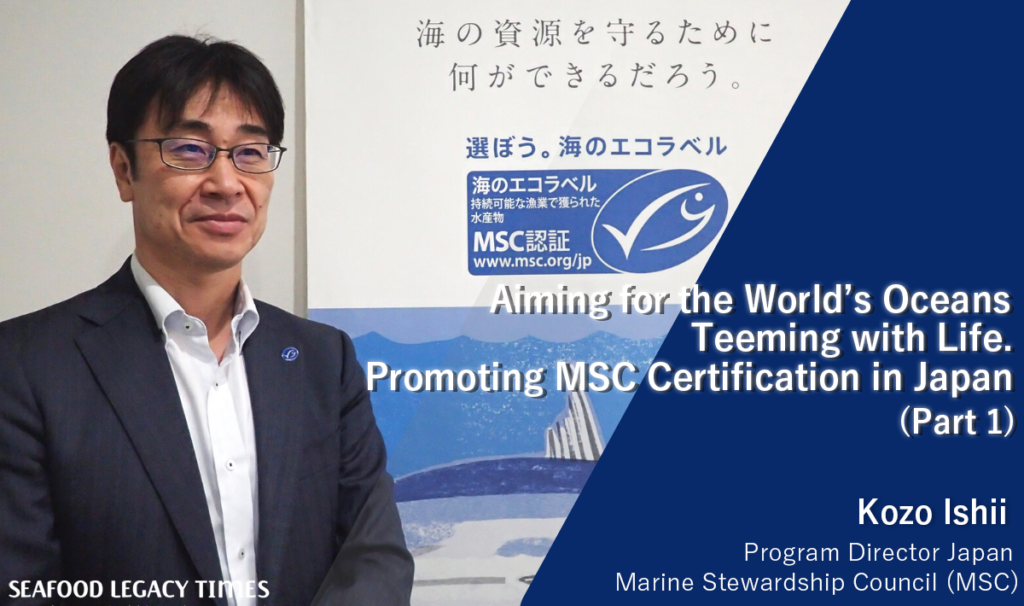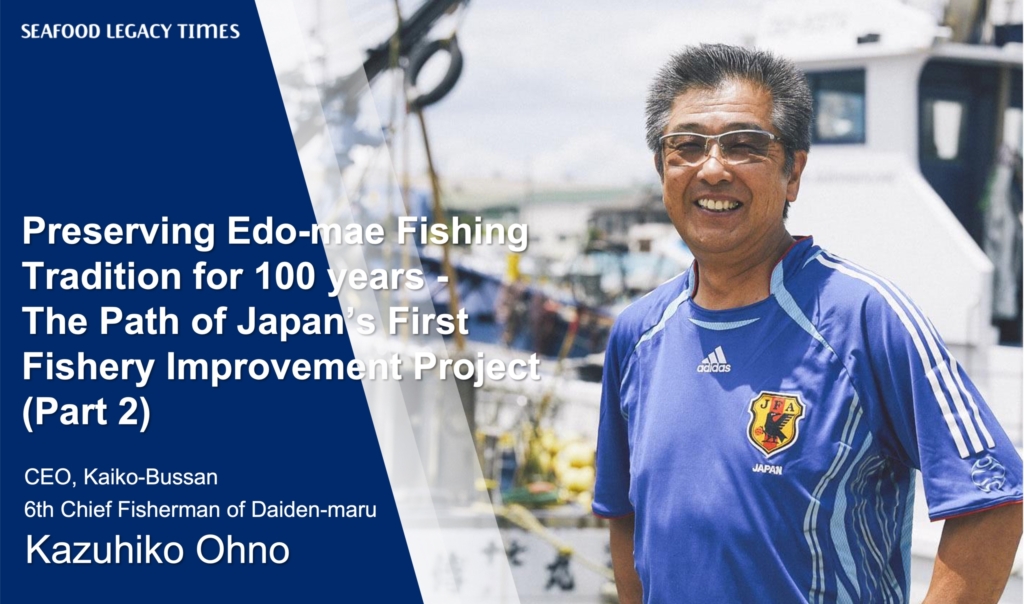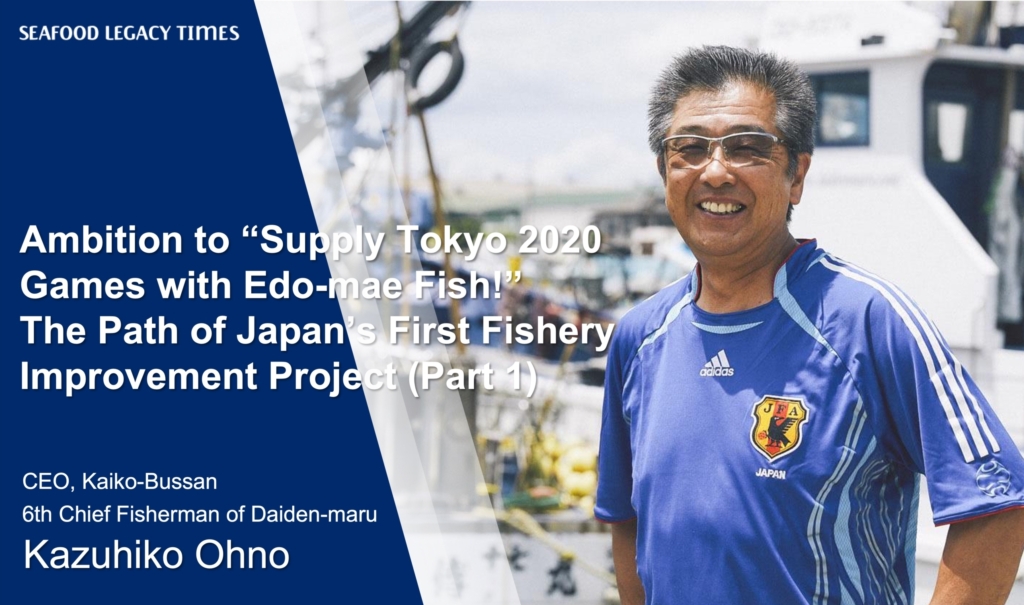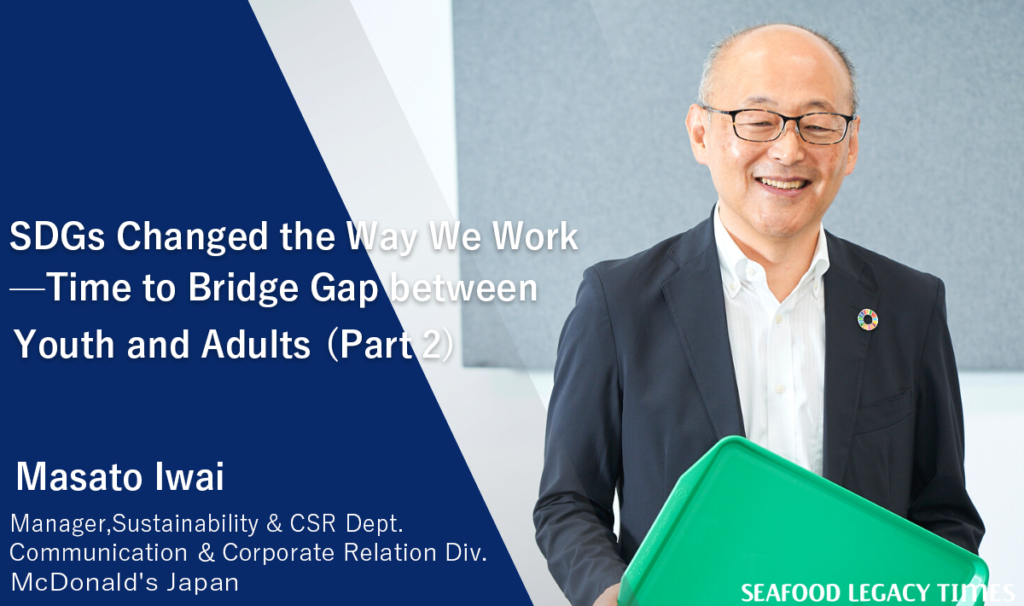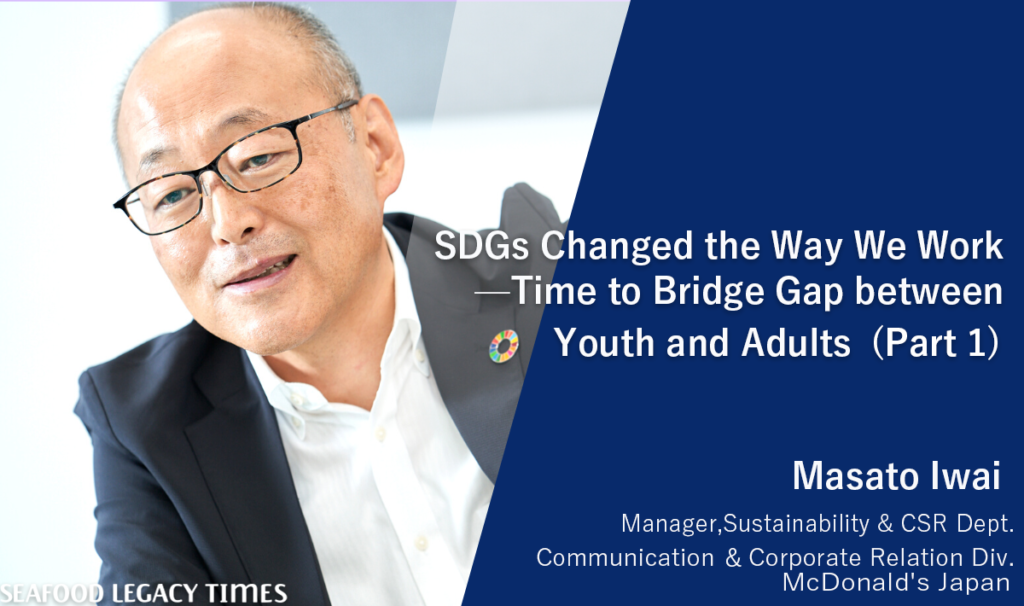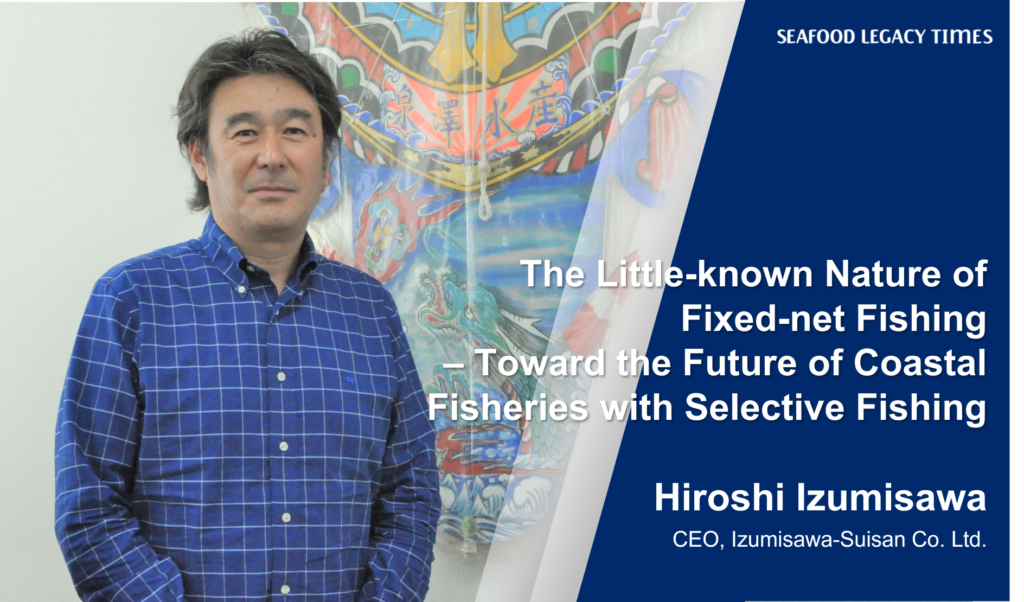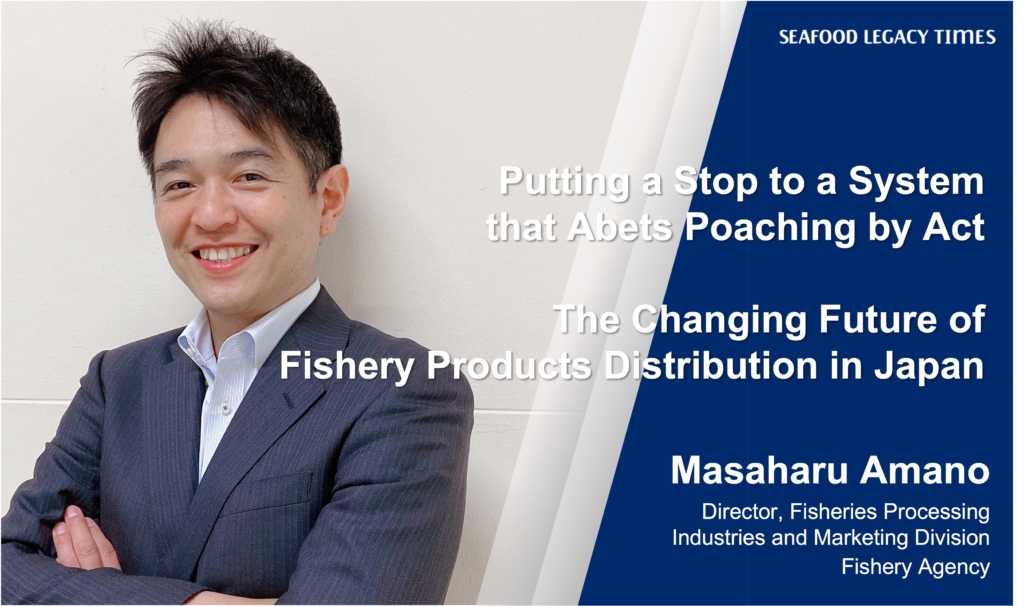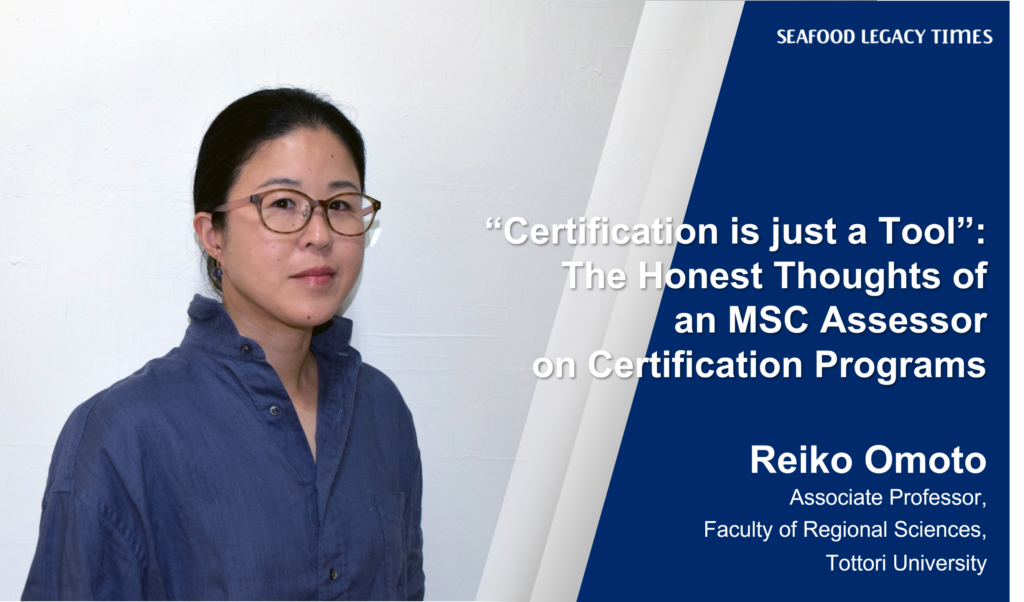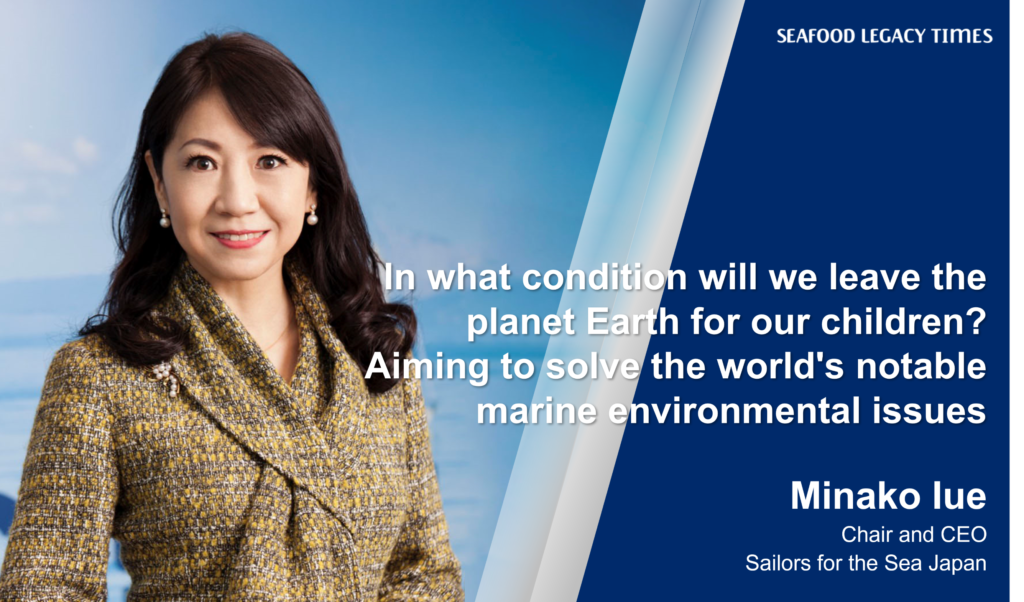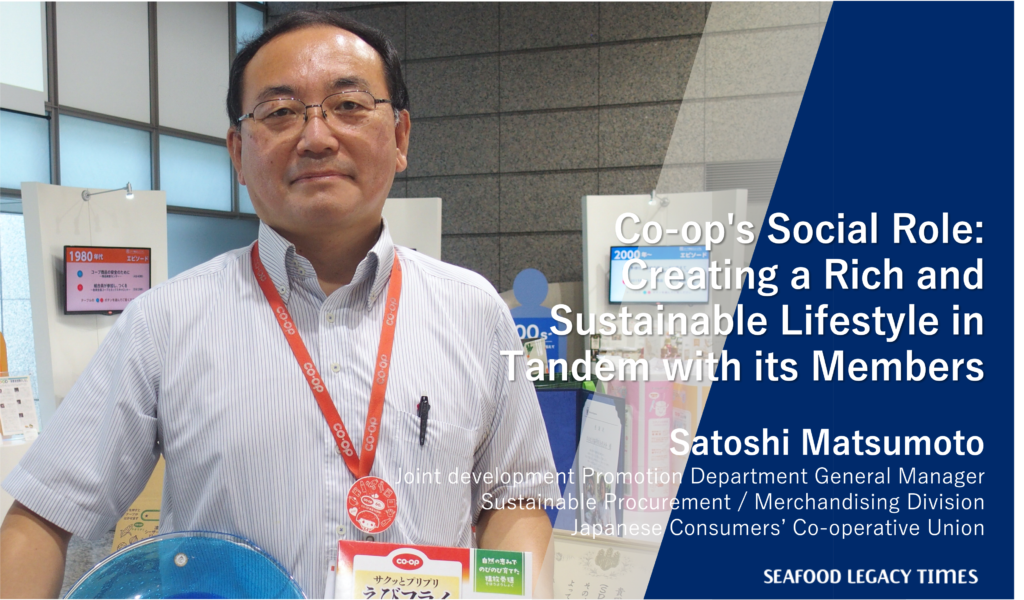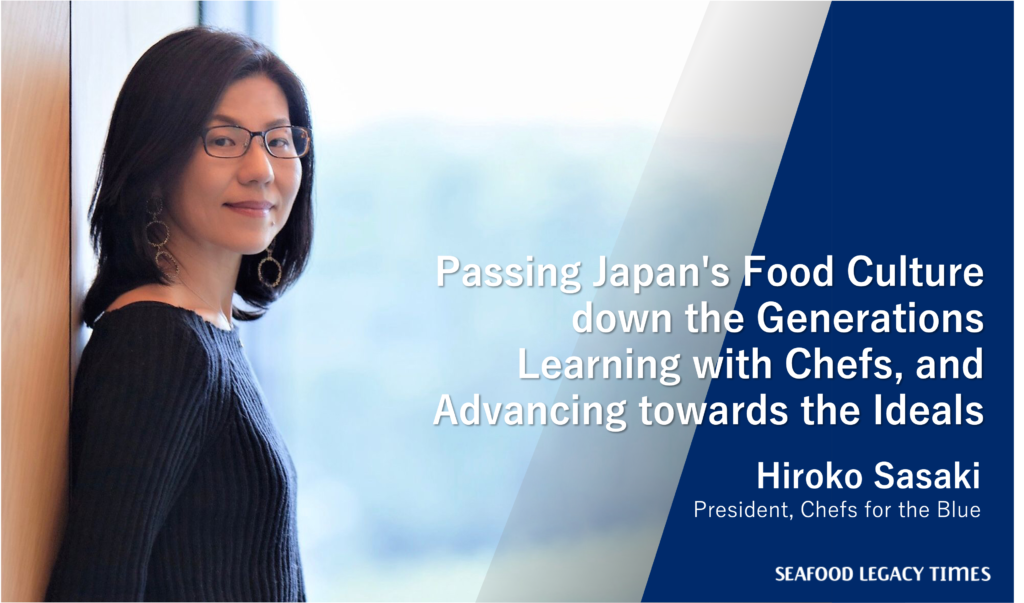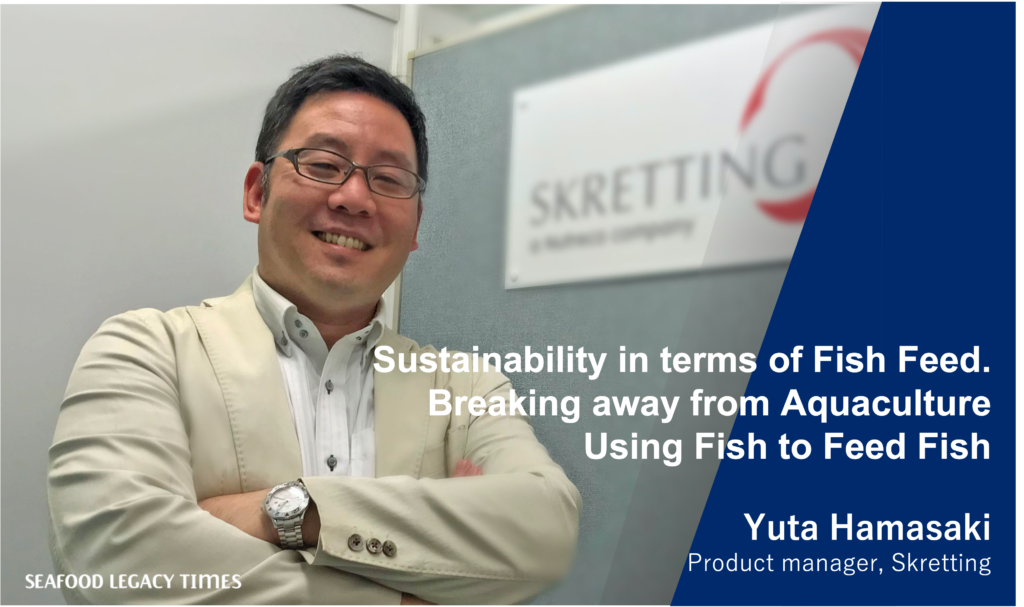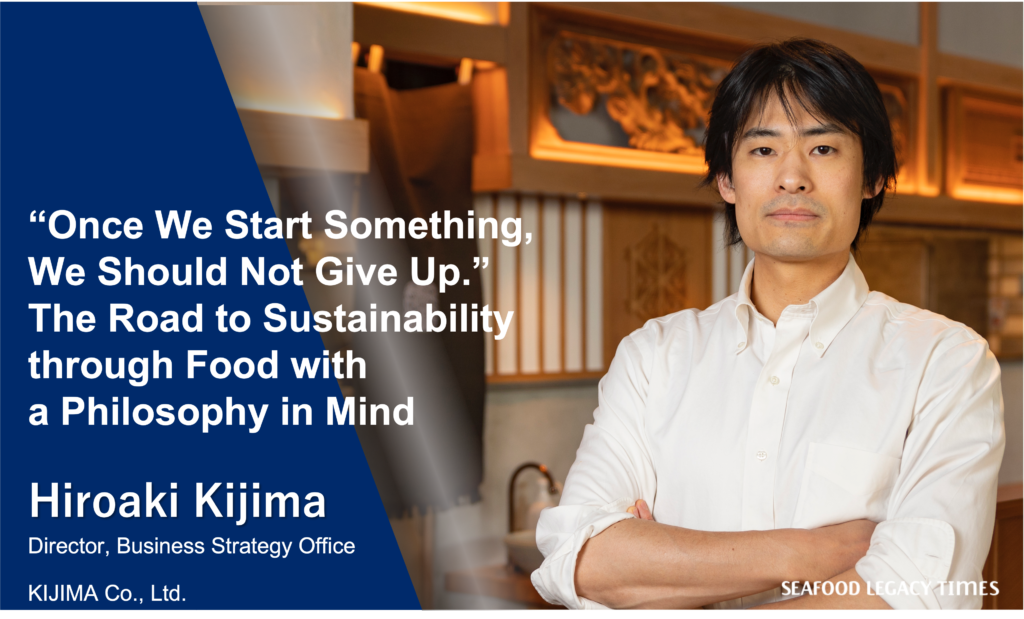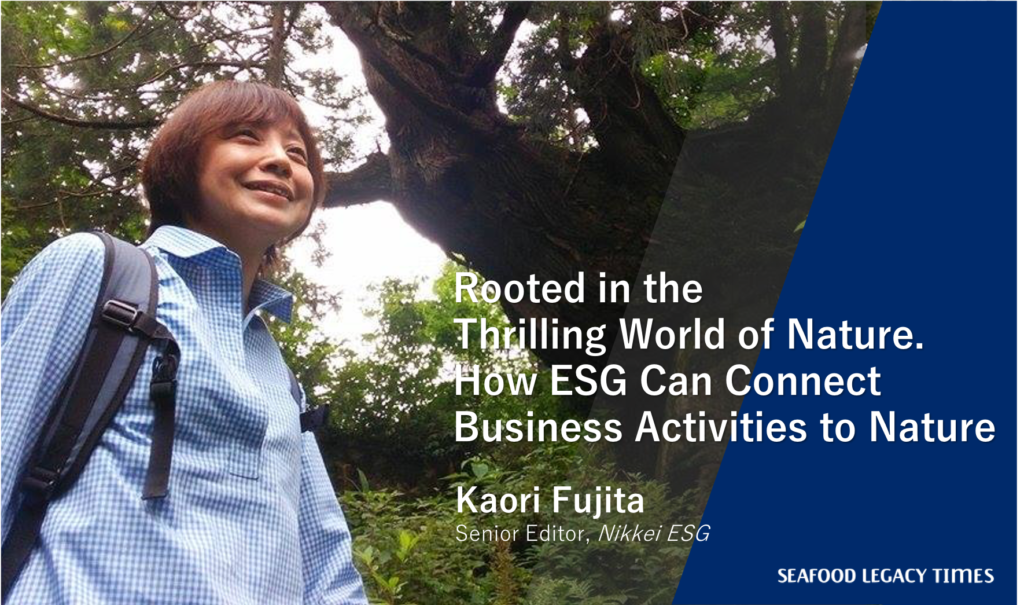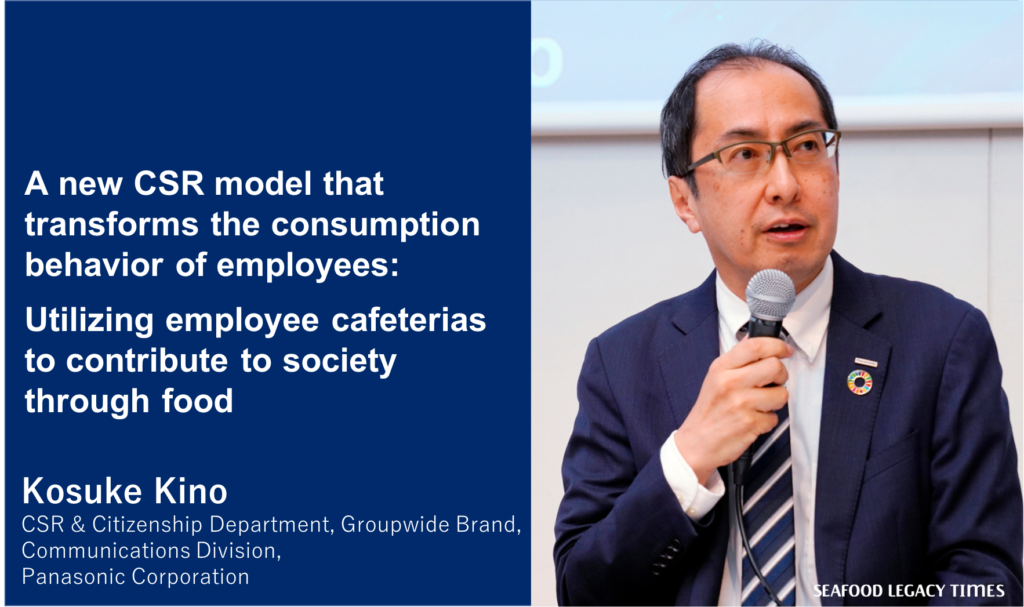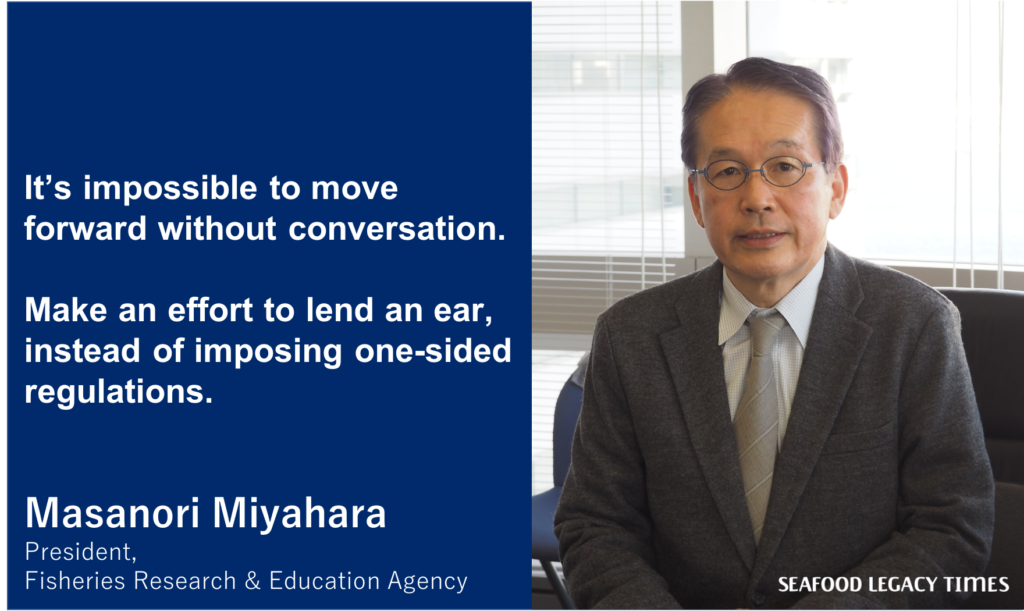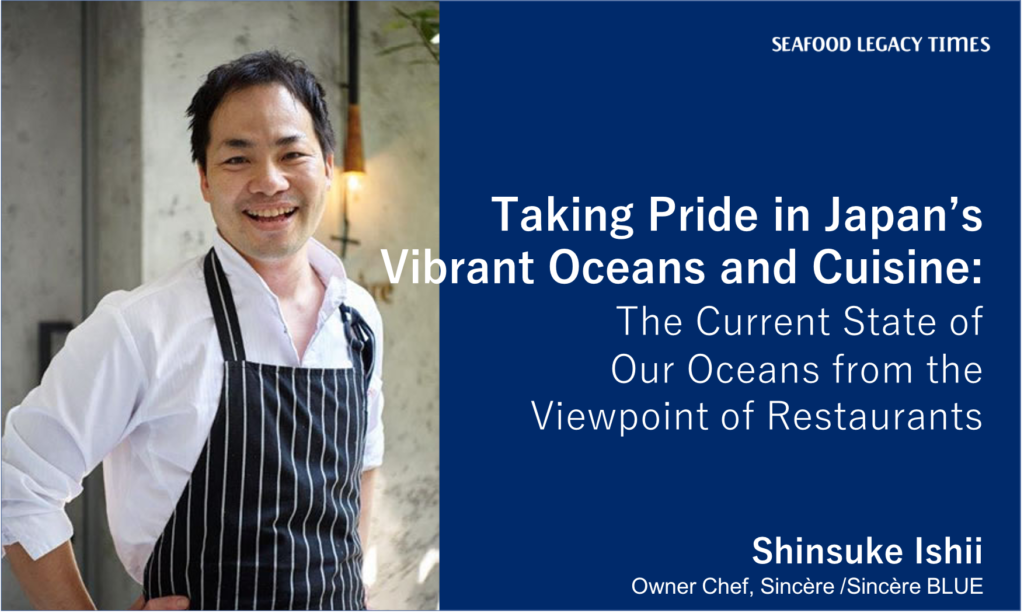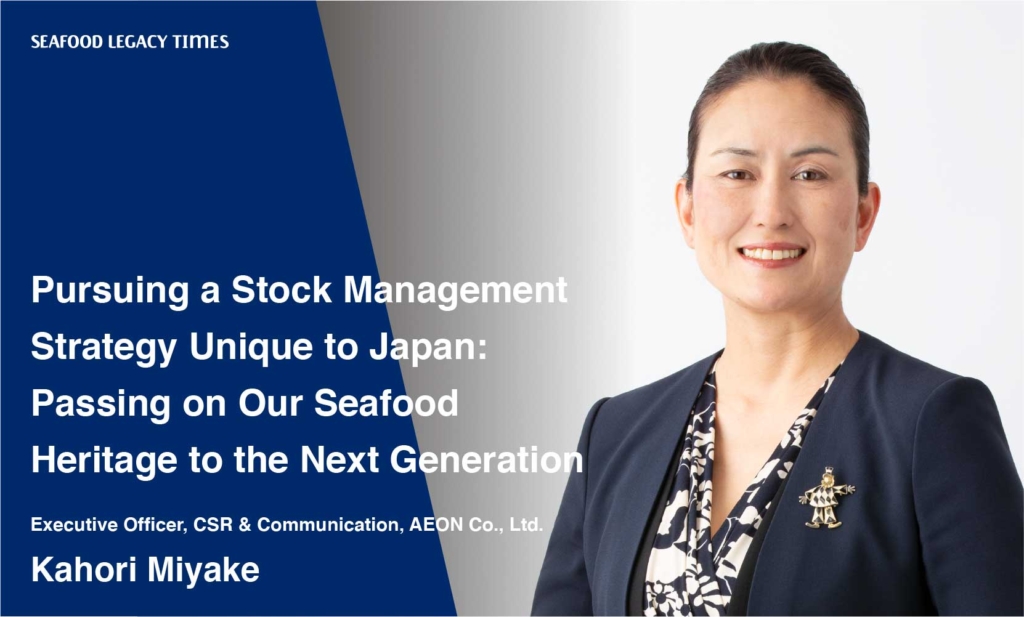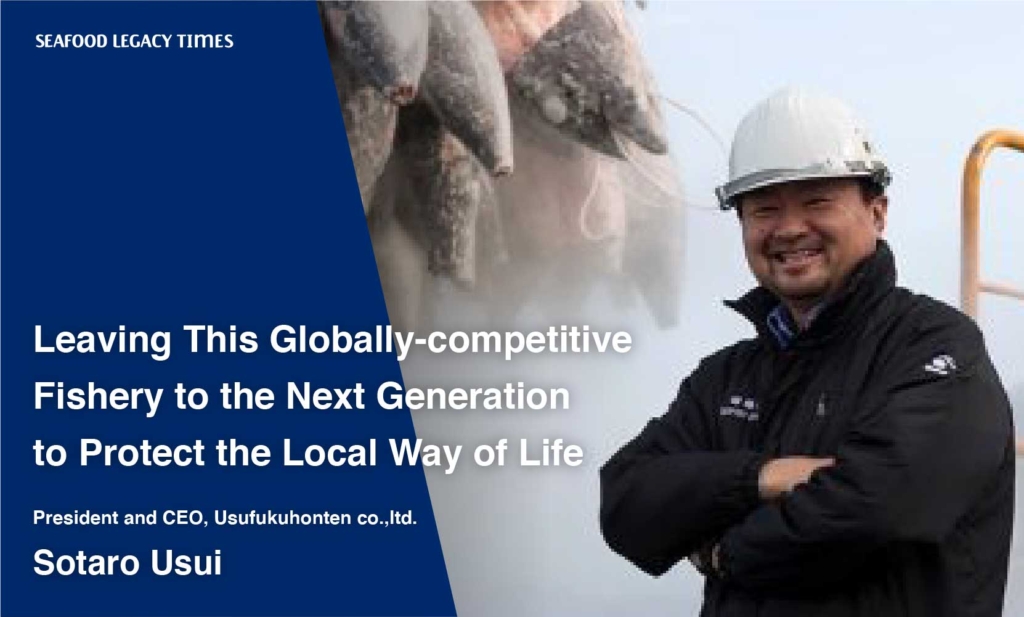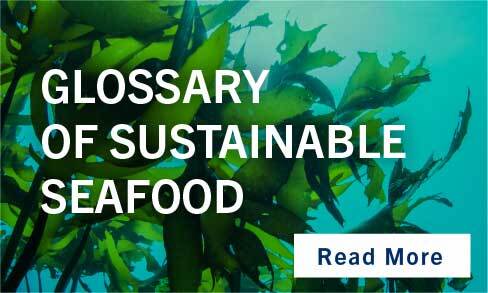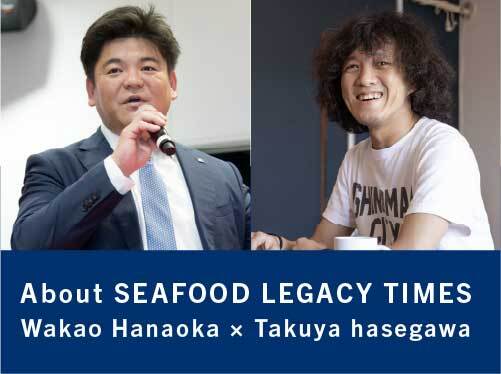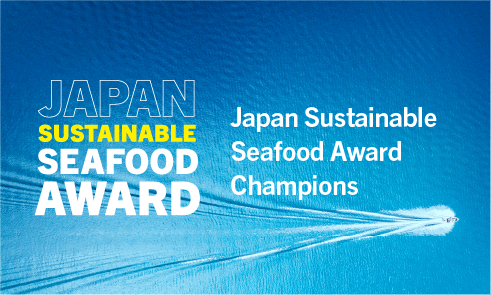

While working to launch Errhalt Consulting which supports the activities of foreign companies and NGOs involved in the fishing industry in Japan, Mr. Errhalt came across two organizations, the Global Tuna Alliance (GTA) and the Global Dialogue on Seafood Traceability (GDST), who he felt shared his beliefs.
In this interview, Mr. Errhalt, who also serves concurrently as the Japan representative for the GTA and GDST, talks about the characteristics of each organization, the benefits for Japanese seafood companies to join, as well as his perspective on the recent trends in sustainable seafood in Japan.
——Could you tell us about the main activities of the GTA?
A unique feature of the GTA’s activities is the collaborative policy advocacy of member companies to governments and RFMOs (Regional Fisheries Management Organizations) to improve the sustainability of tuna species. RFMOs are institutions that should not only strive to protect fishery resources, but also represent the interests of the public. Therefore, we believe that the companies that are members of the GTA should have their voices heard at the RFMOs. In the hopes that with company support we can advance policies changes in RFMOs, like improved harvest strategies.
Companies that are members of the GTA control about 30% of the world’s tuna supply chain, and about 80% of that is in North America and Europe. The more groups that join in a particular region, the safer the tuna supply chain in that region becomes.
——Could it be that Japan, despite being a major consumer of tuna, is still relatively inexperienced when it comes to making joint policy recommendations to the government and RFMOs?
We encourage our members to make joint policy recommendations to their governments and RFMOs, but we also understand that this is not an easy task. We first ask that members do their best to adhere to as many of the standards that the GTA has established for tuna fisheries and supply chains as possible.
By joining the GTA, Japanese seafood companies can become closer to the global community of companies committed to creating sustainable oceans. Because it is an open network, you can be assured once again that member companies are working with a clean supply chain. In addition, as a member of the GTA, they can help ensure that those engaged in unfair and unsustainable fishing practices do not profit from their crimes. We hope that Japanese fishing companies will consider participating in this platform.
——Next, please tell us about the GDST. What has changed since the GDST was restructured and became independent from WWF in 2022?
Although we are still cooperating and in communication with the WWF, the GDST is now an independent organization. And while GDST partnerships are open to all companies involved in the seafood supply chain as before, the new GDST can additionally partner with any stakeholder, including traceability solution providers, certification and benchmarking organizations, NGOs, academic institutions, and others.
 On board a Coast Guard patrol boat
On board a Coast Guard patrol boat
——There seem to be significant barriers to applying all of the KDEs* defined by the GDST to the Japanese seafood supply chain at once.
While there is still work to be done, Japan is one of the most committed countries in Asia in the fight against IUU fishing, and I think it is very active in ocean sustainability, but it may be a little slow to adopt new things company-wide. However, I would like to see Japanese companies recognize that they are already complying with a certain percentage of the KDEs set forth by the GDST. Let’s move forward step by step to bring it closer to 100%. I don’t think drastic changes overnight is the right course of action.
Improving traceability in accordance with the GDST’s KDEs will help you identify and manage risks related to food safety, environmental sustainability, and social responsibility, ultimately reducing legal, financial, and reputational risks. It can be time-consuming and difficult at first, but we are here to help.
The GDST standards are compatible with the GTA, and the GDST standards are part of the GTA standards; if you join the GTA, you will eventually be invited (but not required) to join the GDST as well.
——What is your perspective on the recent movement for sustainable seafood in Japan?
Although one cannot generalize, Japan is one of the countries in Asia that does have a more sustainable fishing industry. However, it does not yet seem to be taking full advantage of it. There is a declining trend in many fish species, and it is becoming more and more pronounced.
Why should the Japanese people suffer because malicious traders do not fish sustainably? For example, the population of Pacific saury is declining and prices are rising. Japanese fishing cooperatives are doing their best to address this problem, but more needs to be done. The Japanese seafood industry should work closely with the government to promote more traceability, transparency, and sustainability in RFMOs. If Japanese companies work together to remove illegal operators from the global supply chain, I believe Japan’s fishing industry will thrive.
——Finally, please tell us what you hope to accomplish here in Japan.
We have a term, “The American Dream,” which is the idea that foreigners can immigrate to the United States, work hard, and build a great life for themselves. My grandfather lived the American Dream. He immigrated to the United States from Austria when he was just 16 years old and spoke no English. He worked hard over the years and eventually built a successful business in the United States. The challenges in a new country brought him passion and made him stronger.
I am living out my “Japan Dream” right now. I want my business to succeed in this country that I love, while protecting the sea that I love.
Gunther Errhalt
Born in Massachusetts, the United States. While pursuing his bachelor’s degree in Chinese and International Relations at the University of Rhode Island he took multiple study abroad and work opportunities in China. After that he went to get his Masters Degree in International Trade and Economic Diplomacy at Middlebury Institute of International Studies University in Monterey, California. His interest in trade and diplomacy eventually led him to the North Pacific Fisheries Commission (NPFC) before joining Global Fishing Watch in 2019. In 2022, he established his own company, “Errhalt Consulting”, working as GTA’s Japan representative and GDST’s Asian market development representative from 2023.
Original Japanese text: Shino Kawasaki









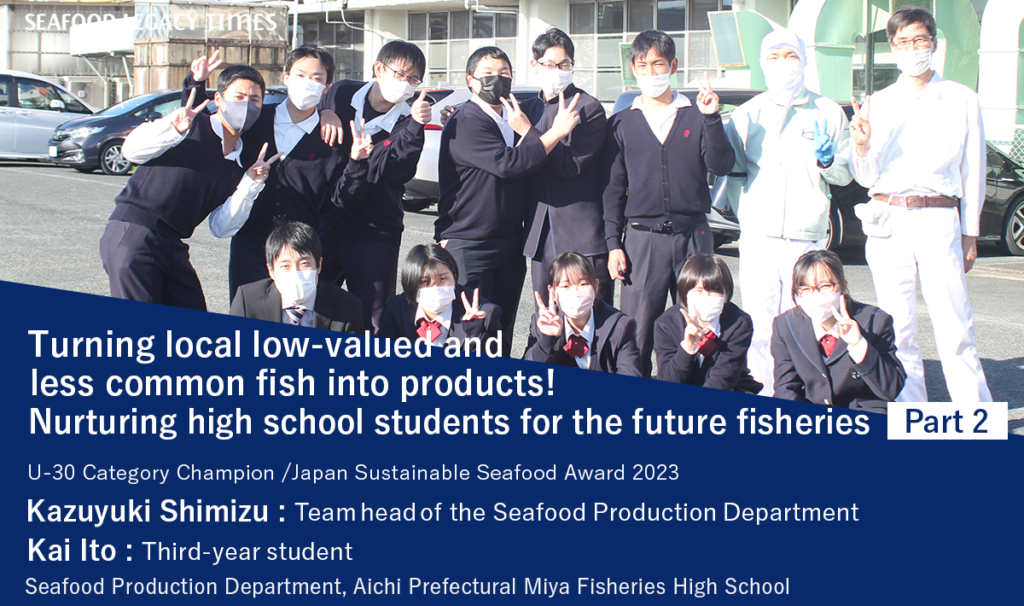
-1024x606.png)


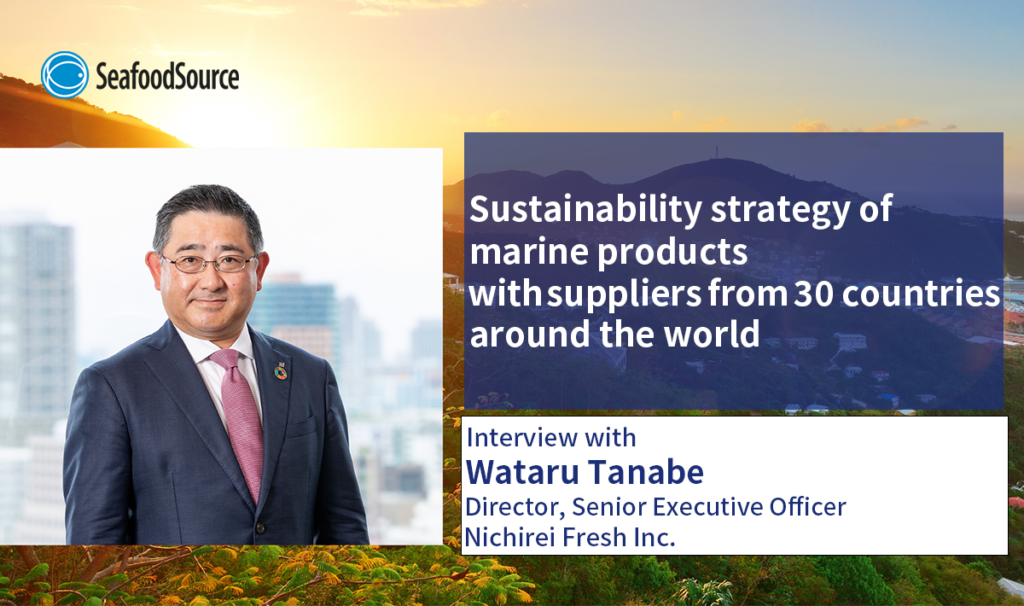
_-1024x606.png)

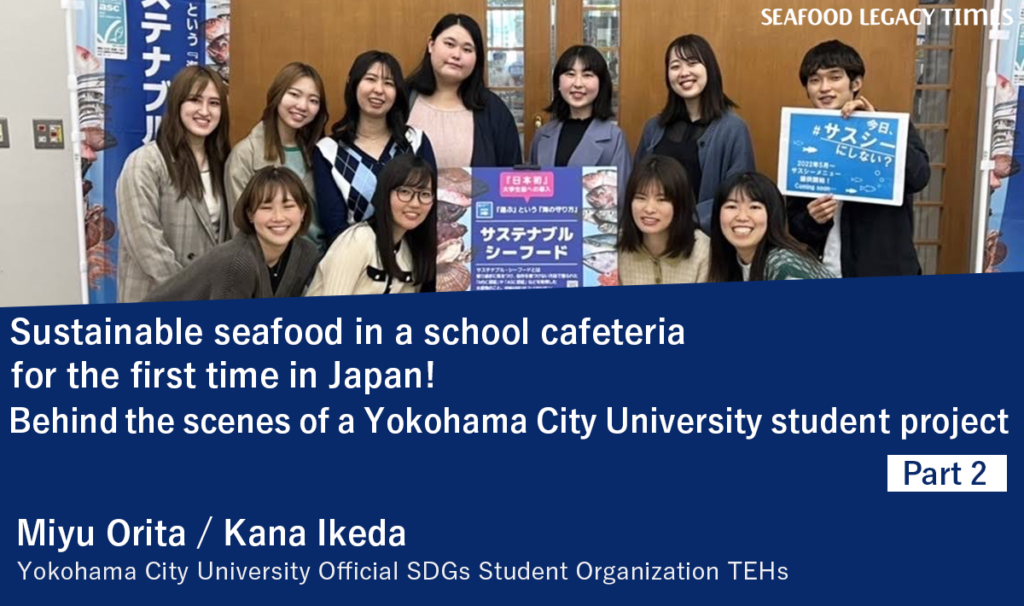
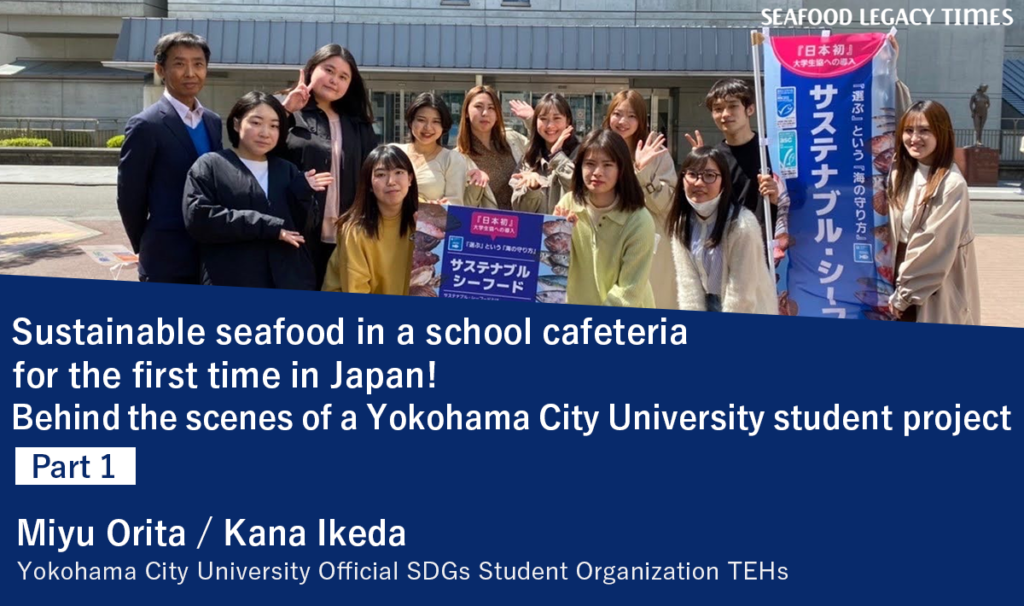



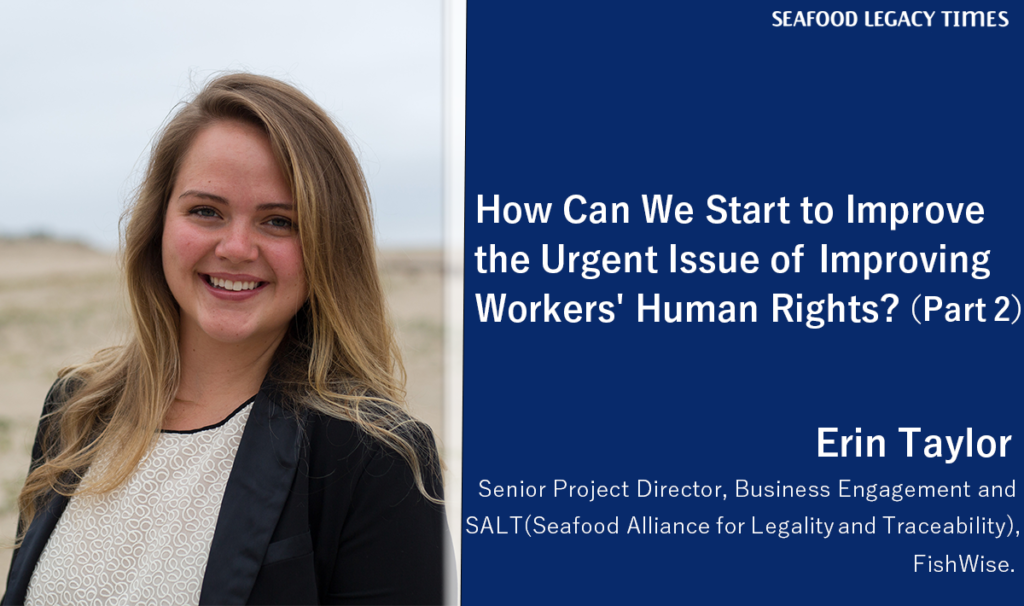
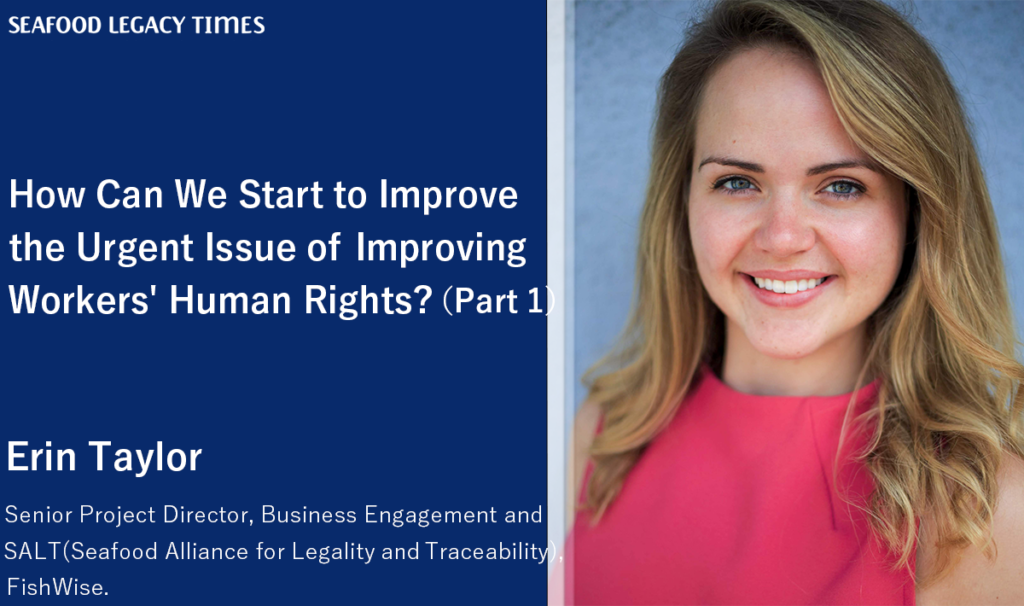
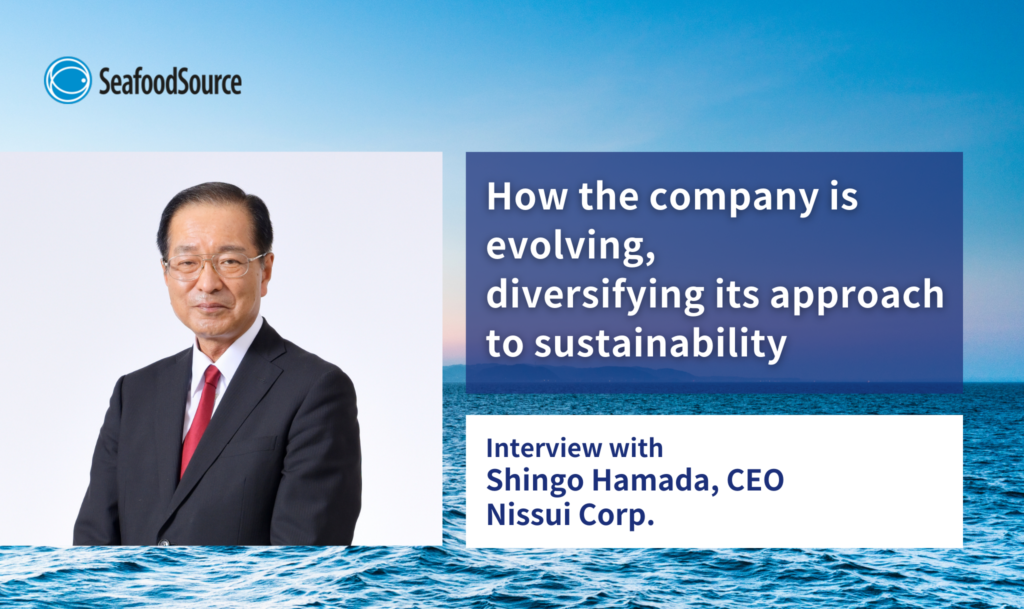




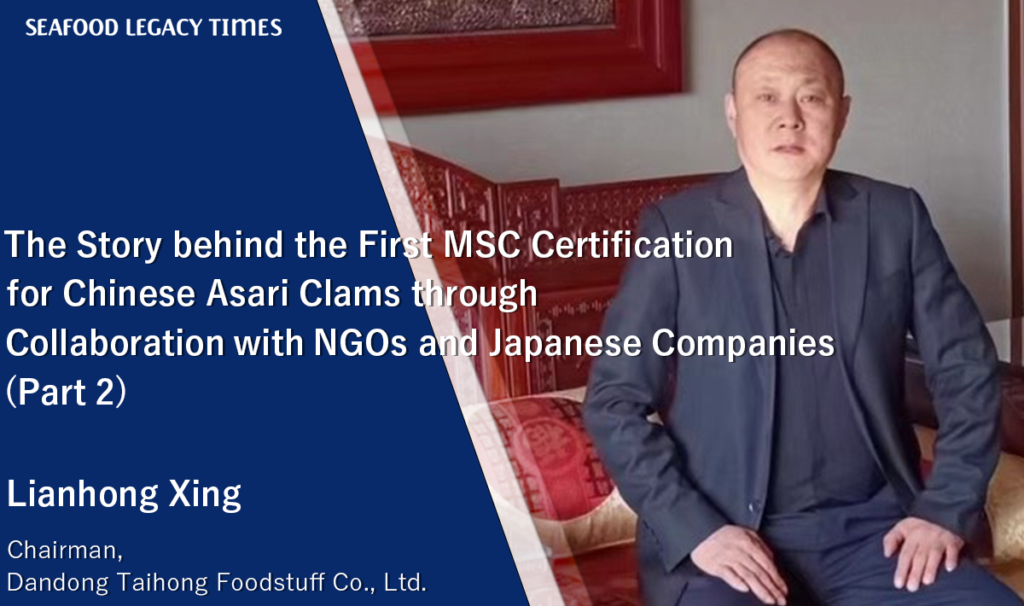
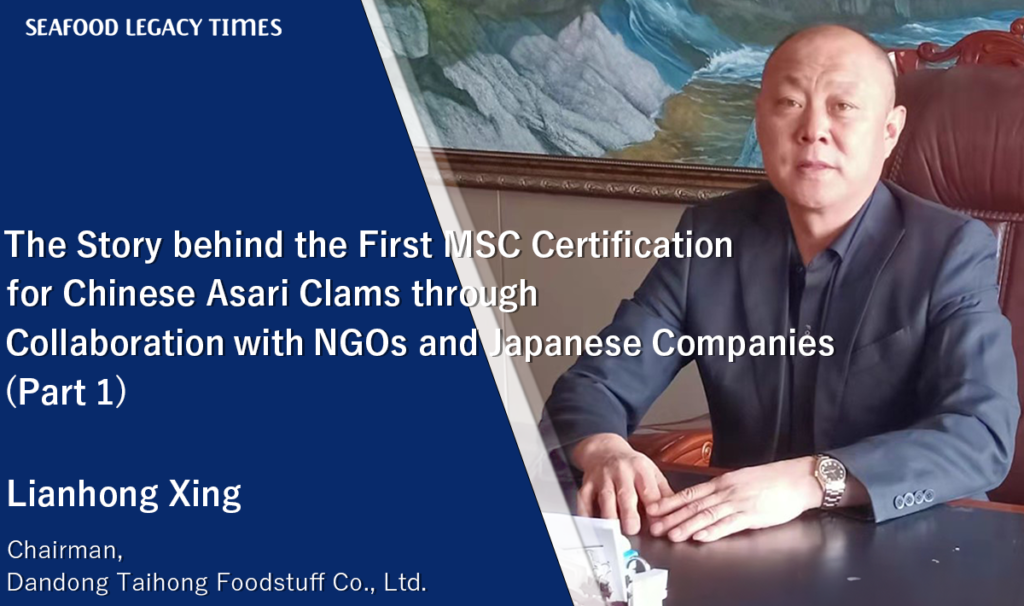

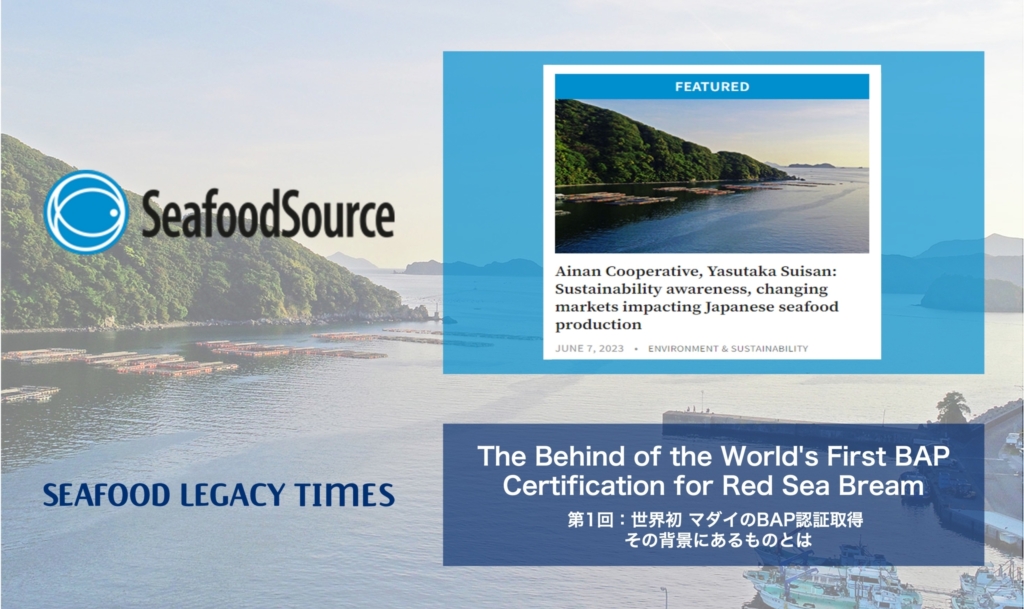

1_修正524-1024x606.png)


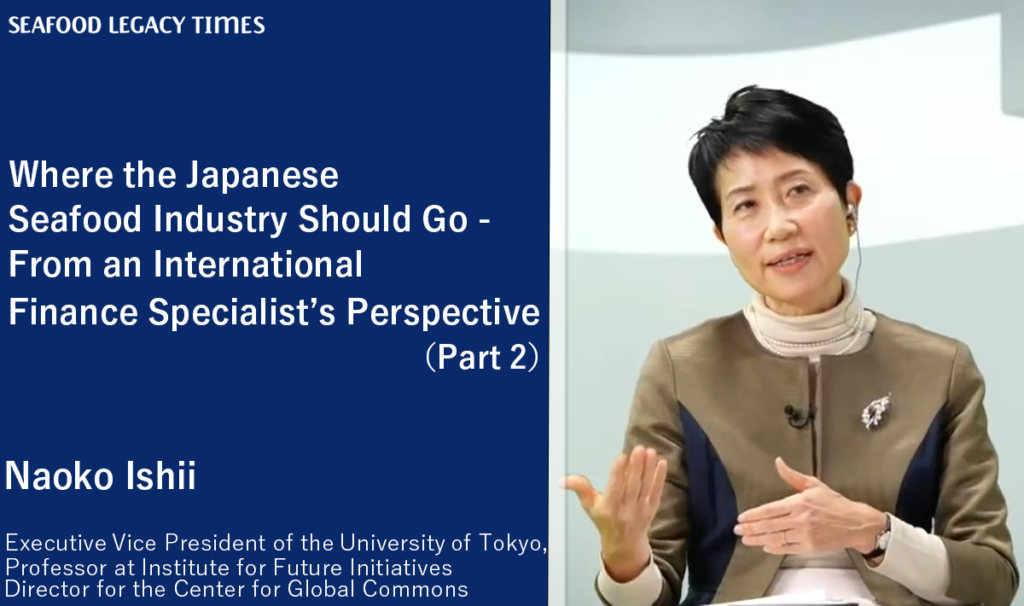







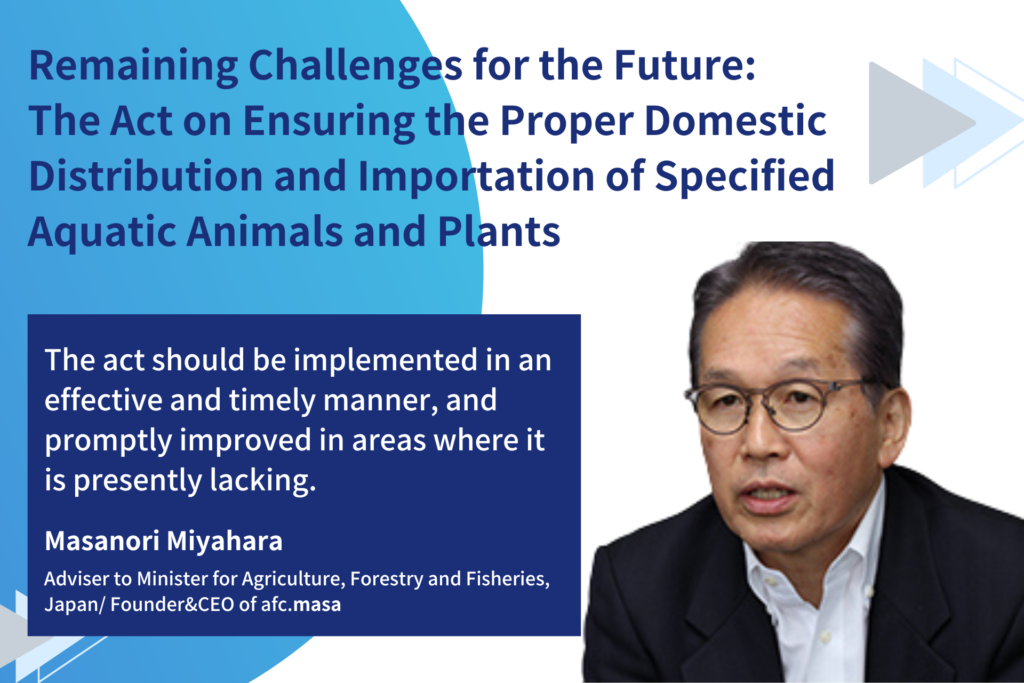
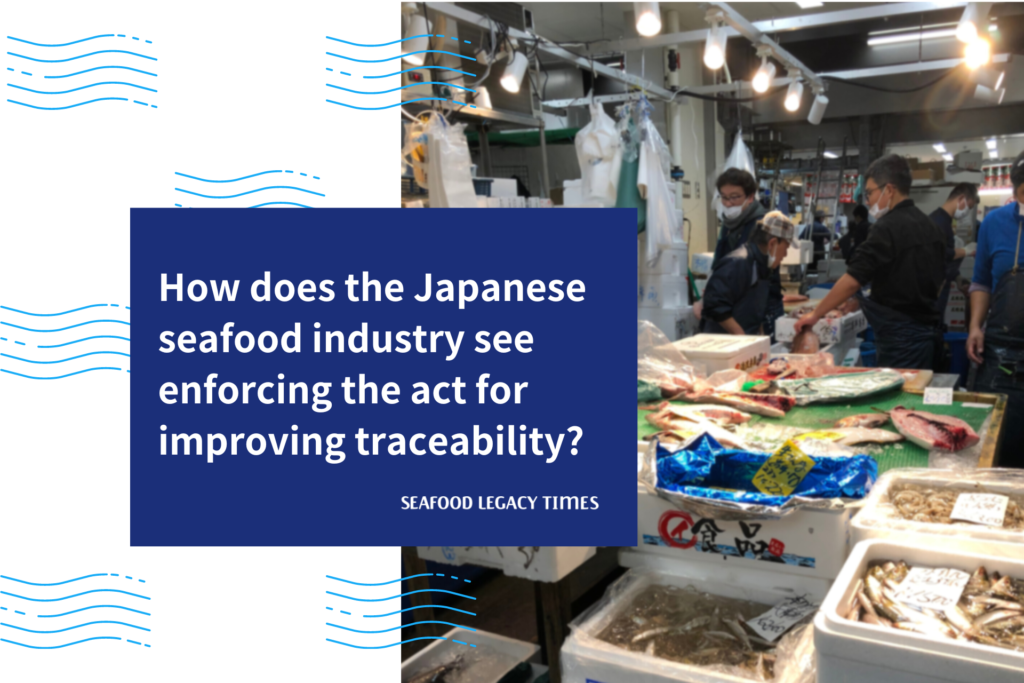



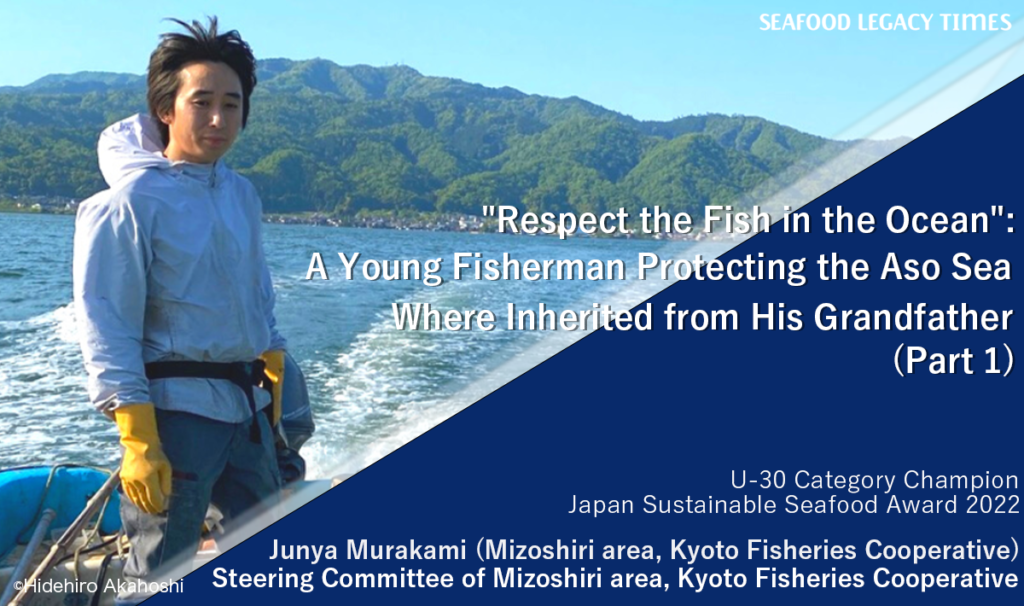
.2-1024x606.png)
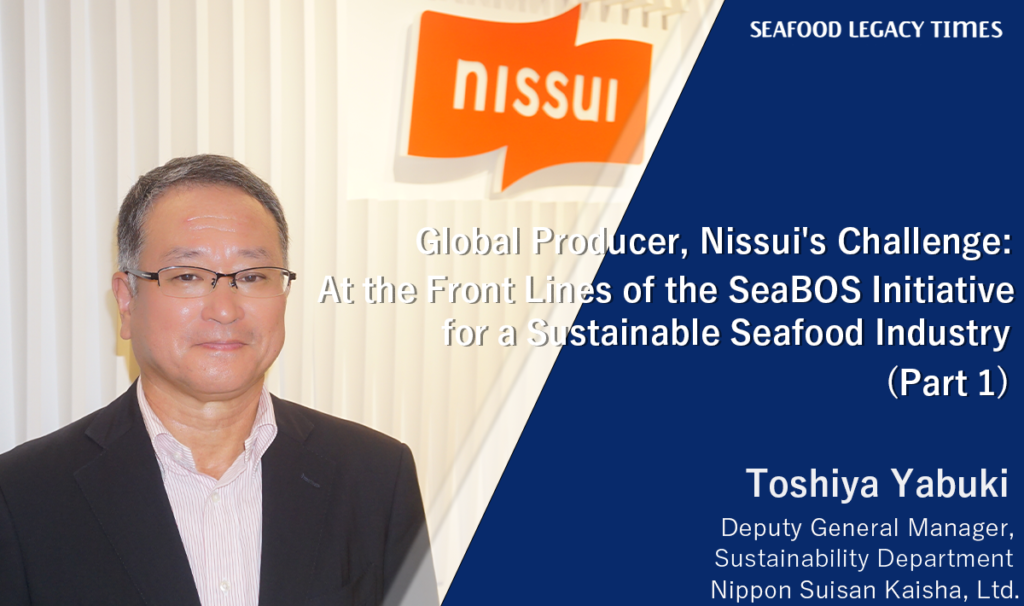
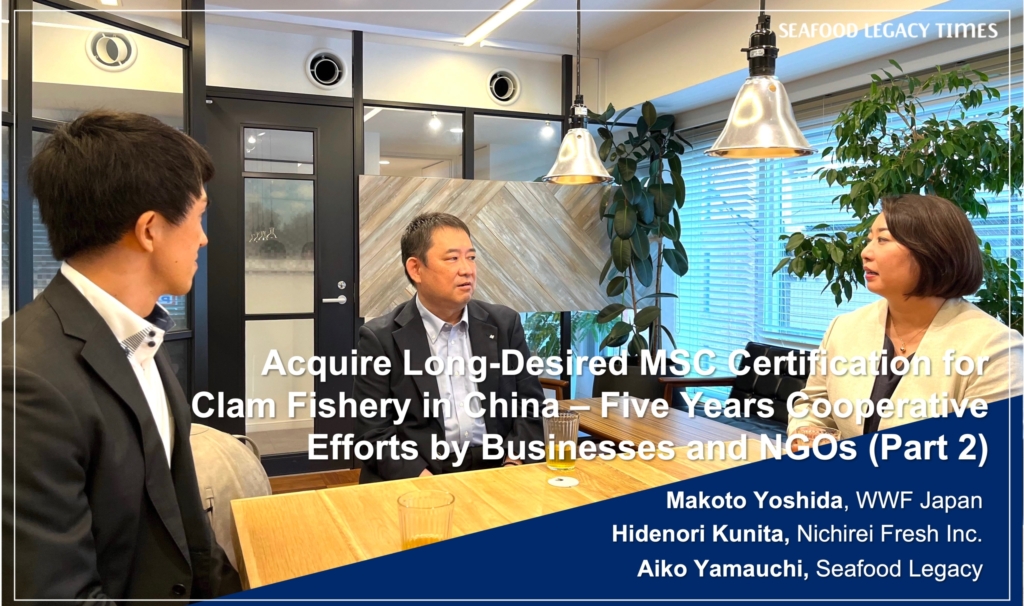
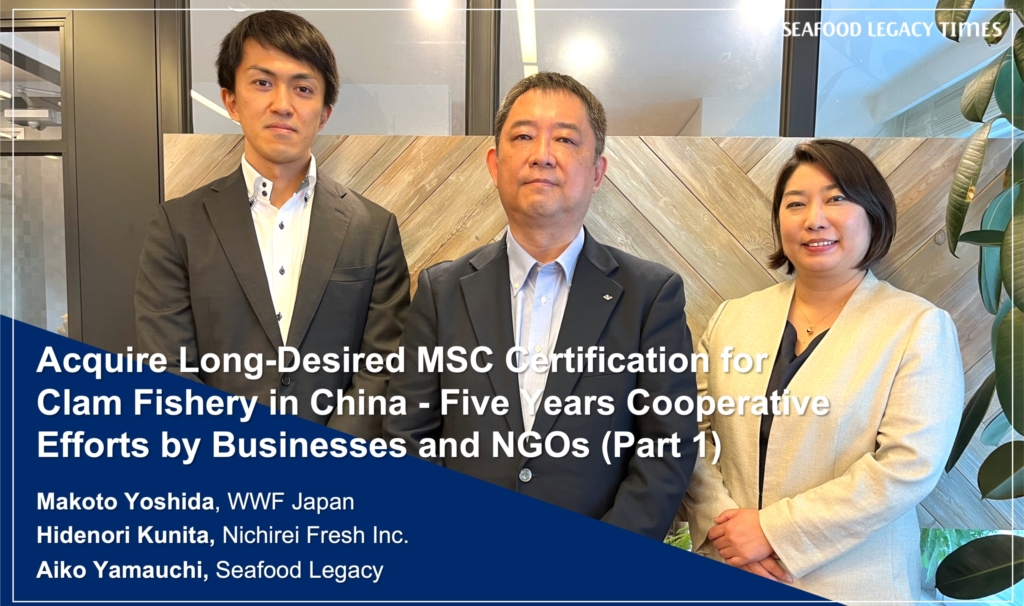






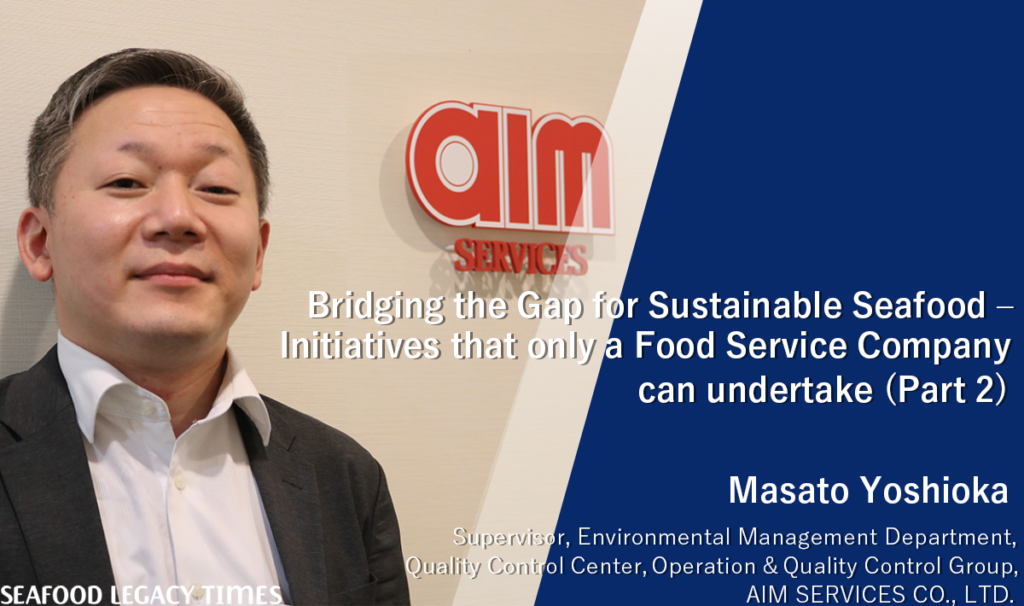
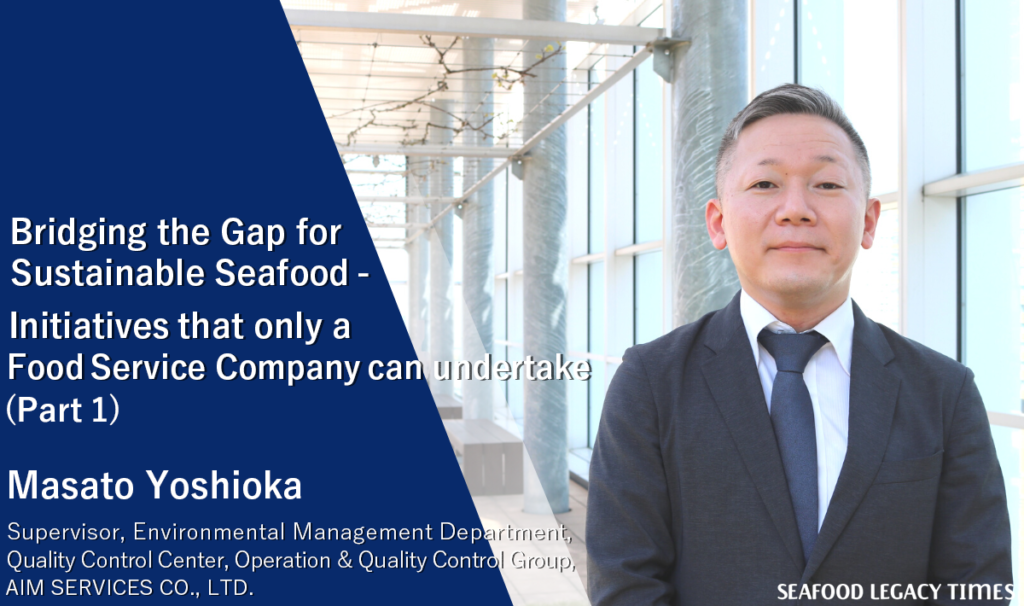
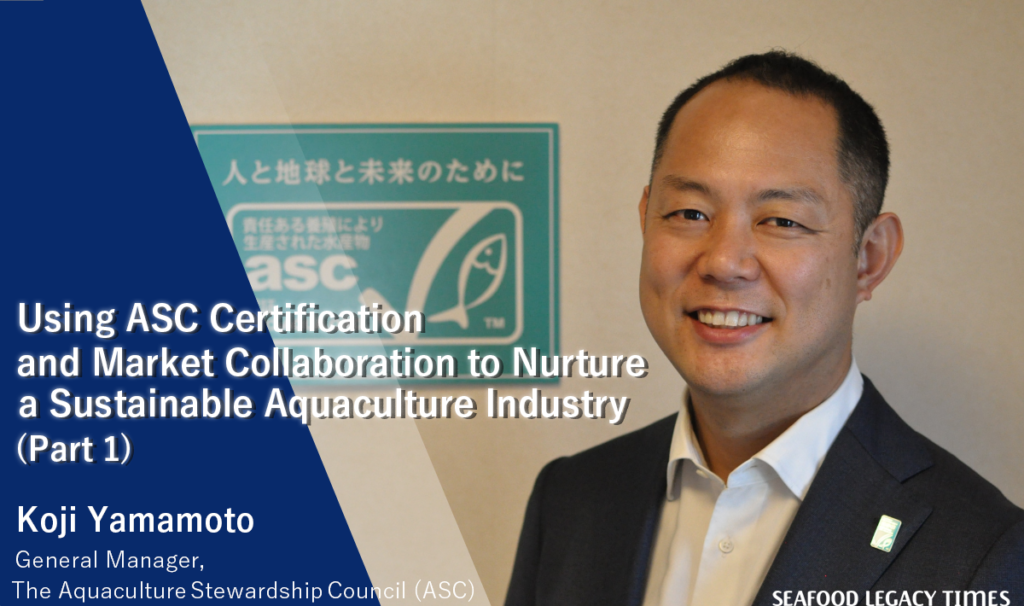
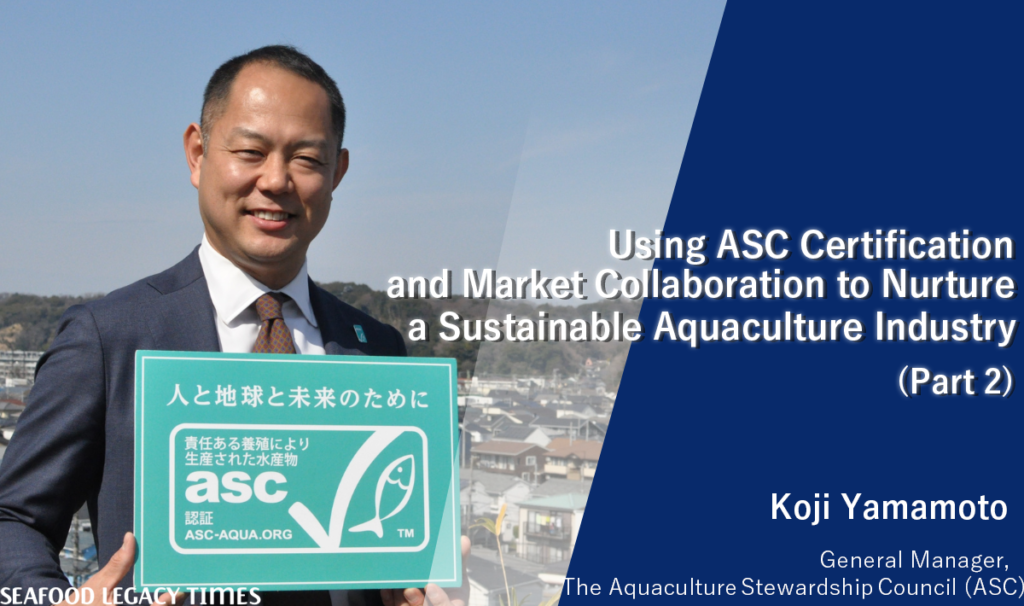
2-1024x606.png)
-1-1024x606.png)
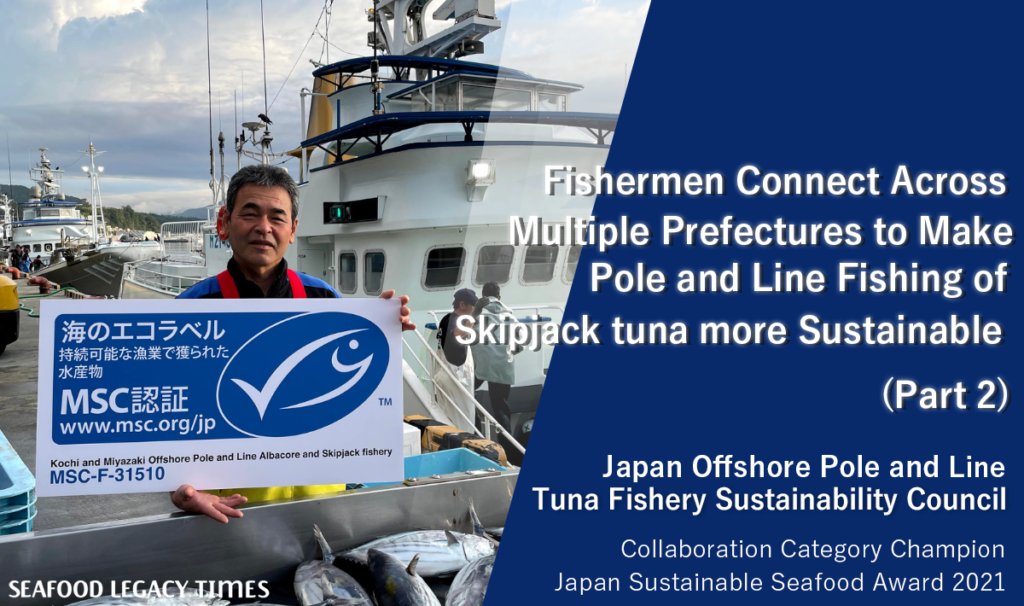
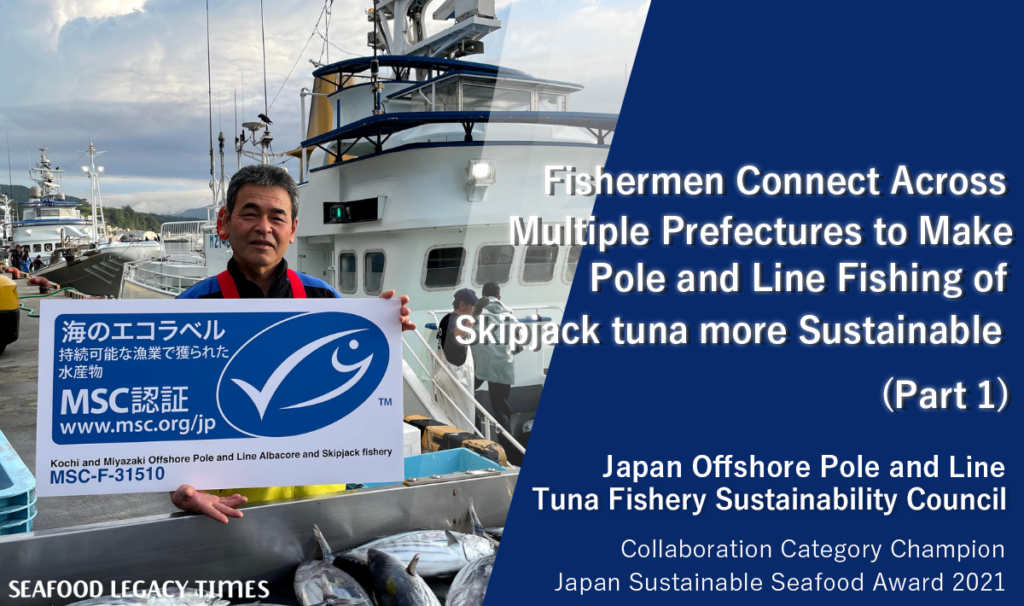
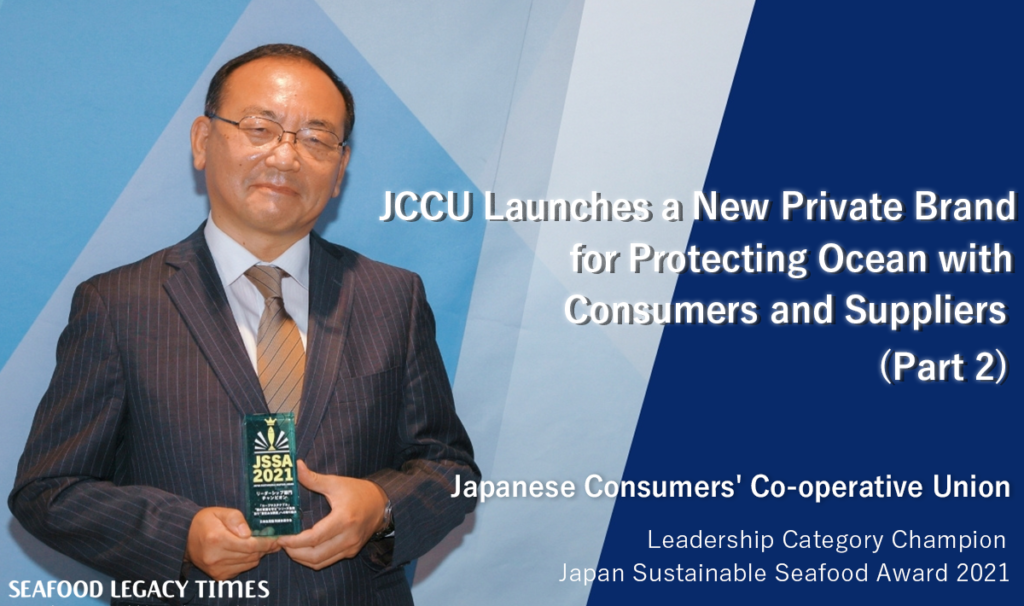
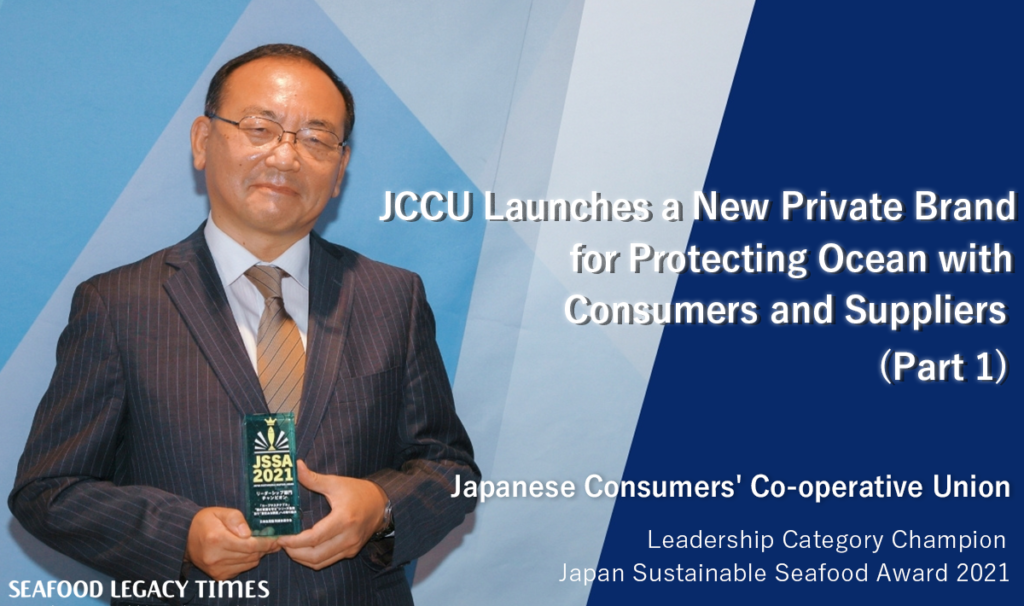
Part2-1024x606.png)
Part1-1024x606.png)
